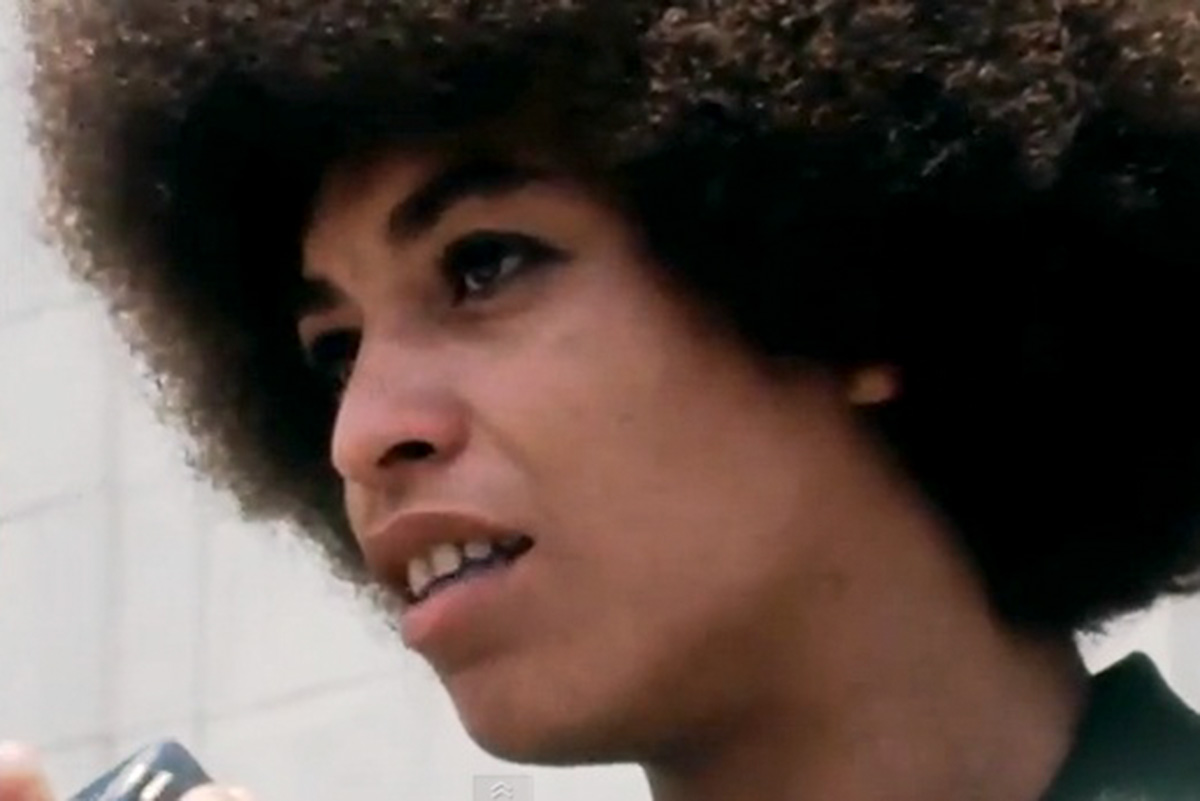
Screen Time is your curated weekly guide to excellent documentaries and nonfiction programs that you can watch at home.
Today is International Working Women’s Day and while many companies will have us believe that it’s a day about spa coupons, roses and cute bracelets, it’s actually a day that demands that we look at women’s—all women’s—labor: how we acknowledge it, how we appreciate it, and—most importantly—how we compensate it. Julia Reichert and Steven Bognar’s 9to5: The Story of a Movement, available for viewing on PBS’ Independent Lens, is a documentation of the efforts of a group of female secretaries in Boston who organized to demand better pay, more advancement opportunities and an end to sexual harassment, back in the 1970s. These women were so inspirational that even Dolly Parton wrote a song about them!
Halfway across the world from Boston, Indian women's rights and trade union activist Mythili Sivaraman co-founded the All India Democratic Women's Association, in 1981, after having worked as a research assistant in the Permanent Mission of India to the UN. A trade unionist, Sivaraman wrote extensively on labor issues, agrarian crises, and the rights of indigenous women. Historian Uma Chakravarti’s documentary on her, Fragments of a Past, is available for viewing on India’s Public Service Broadcasting Trust’s YouTube Channel.
In 1970, FBI’s J. Edgar Hoover put Angela Davis on the FBI's infamous Ten Most Wanted Fugitive List, for her alleged involvement in the violence that broke out in a courtroom in California’s Marin County. On her arrest, President Richard M. Nixon congratulated the FBI on its “capture of the dangerous terrorist Angela Davis.” After a nationwide movement took shape demanding Davis’ release, after 13 hours of deliberation, Davis was acquitted. Shola Lynch’s Free Angela & All Political Prisoners is a pointed retelling of history, as it reminds us of the many many Black women, like Angela Davis, whose resistance, in spite of being met with brutal force, gifted us with a vocabulary to demand change for a better future, when the present stops serving us.
Liberia’s Leymah Gbowee, who was awarded with the Nobel Peace Prize in 2011, and her team of women were only armed with white T-shirts and extraordinary courage, when they demanded the Liberian government to resolve the ongoing civil war. Gbowee and the women remained undeterred in their pursuit of peace, and were finally able to pressurize the government to end a 14-year-long bloody war. Gini Reticker’s Pray the Devil Back to Hell, streaming on Vudu, tells the remarkable story of Leymah Gbowee and the brave women of Liberia whose persistence changed the course of their country’s—and the world’s—history.
Sam Pollard’s documentary on Zora Neale Hurston, Zora Neale Hurston: Jump at the Sun, is now playing on Amazon. She was one of the premier anthropologist-documentarians to have worked on the American South. Pollard uses her footage and stitches them together with perspectives from scholars, archival interviews and reenactments. This biography, 18 years in the making, doesn’t shy away from the controversial side of its protagonist’s life while celebrating the treasure that she truly was and continues to be.
When Julia Child made an appearance on TV, at 51, and—as many claim, taught Americans how to cook and eat like the French—she looked and sounded nothing like the women on TV. She was older, wasn’t demure, and had a distinct and loud voice. Julia Child took cooking, a highly domesticated and gendered activity, and made it into a public, communal affair—while rewriting the rules of what women on TV should sound and look like. Julie Cohen and Betsy West’s TIFF-premiering documentary, Julia, is available for viewing on Apple TV.
Starting March 4, Chet Pancake’s Queer Genius screens in virtual cinemas across the country at San Francisco’s Roxie Theatre, and on Vimeo. The documentary series explores the remarkable and radical lives and art of five queer female artists: Barbara Hammer, Eileen Myles, Black Quantum Futurism, Moor Mother, and Dynasty Handbag / Jibz Cameron. The series paints intimate portraits of some of the most formidable queer artists who have courted controversy but have remained undeterred in their quest to find an artistic voice that embraces all their authentic selves to create fearless and revolutionary art.